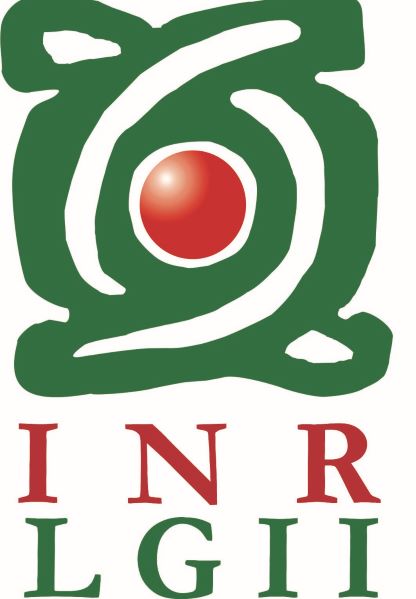Teaching Research Methodology through the Formation of Inter-Institutional Research Teams
Keywords:
teaching, research, undergraduateAbstract
Title. Teaching Research Methodology through the Formation of Inter-Institutional Research Teams
Introduction. Research methodology is a key component of medical education as it contributes to the generation of new knowledge. However, progress has been limited due to a lack of coordination and disconnection from social issues. Therefore, integrating inter-institutional teams that provide research training emerges as a fresh strategy to motivate learning.
Objective. To describe the impact of forming inter-institutional research teams on learning in research methodology.
Methodology. Eighteen students were recruited (11 women and 7 men, aged 19 to 26), 17 from the Benemérita Universidad Autónoma de Puebla (BUAP) and 1 external participant (Universidad Anáhuac Puebla). Thirteen of them are part of Mission Brain BUAP Student Chapter (12 students from the sixth to the ninth semester of the medical degree and 1 graduate), while 4 were Social Service Medical Interns from BUAP, external to the chapter. First, a diagnostic evaluation was conducted. Afterwards, students were asked to complete a virtual research course, followed by weekly theoretical-practical classes from March 1st to April 20th, 2025. Each intervention was graded, and at the end, a survey was conducted on: previous research experience, performance, motivation, and level of knowledge acquired. Finally, each student applied for a research project of their choice.
Results. The average score on the diagnostic evaluation was 7.5, increasing to 9.2 after the virtual course, and reaching 9.6 at the end of the classes. Forty percent rated the research education received during university as fair; prior to the training, 55.6% of students considered their level of knowledge about research methodology to be low, while 90% after the classes felt that their knowledge had increased, reaching a medium-high level.
Conclusion. There are notable changes in students' scores and perceptions before and after joining the research team. Therefore, promoting participation in research projects following appropriate training could be a useful strategy to facilitate learning.
Publication Facts
Reviewer profiles N/A
Author statements
Indexed in
- Academic society
- N/A
Published
How to Cite
Issue
Section
License
Copyright (c) 2025 Instituto Nacional de Rehabilitación Luis Guillermo Ibarra Ibarra

This work is licensed under a Creative Commons Attribution 4.0 International License.
© Instituto Nacional de Rehabilitación Luis Guillermo Ibarra Ibarra under a Creative Commons Attribution 4.0 International (CC BY 4.0) license which allows to reproduce and modify the content if appropiate recognition to the original source is given.




